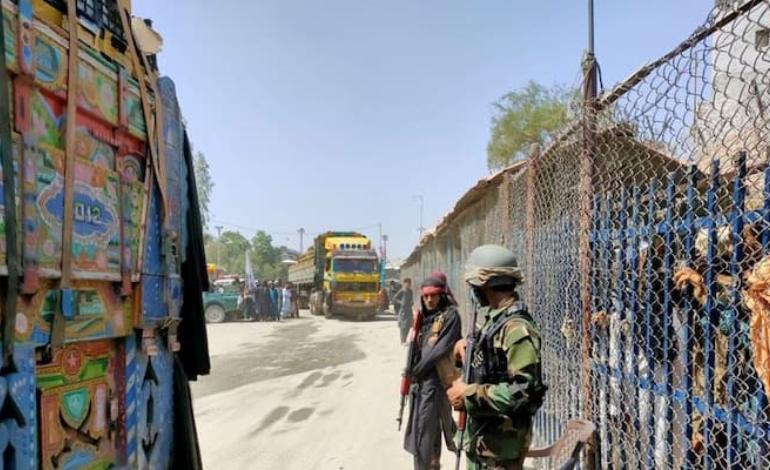
Following Beijing's concerns about their security, Pakistan and China have agreed to use bullet-proof vehicles for all outdoor movements of Chinese nationals working on the CPEC projects in Pakistan in order to safeguard them from terrorist attacks, according to a media report on Sunday.
The China-Pakistan Economic Corridor (CPEC) connects Kashgar in the Xinjiang Uygur Autonomous Region of northwest China with Pakistan's Gwadar port on the Arabian Sea.
The ambitious Belt and Road Initiative (BRI), a pet initiative of President Xi Jinping, includes the $60 billion CPEC.
Implementing its different projects has been extremely difficult due to the security of Chinese workers.
The Express Tribune newspaper stated that both sides have also agreed to increase the capacity of the law-enforcement agencies and investigators, citing the draft minutes of the 11th Joint Cooperation Committee (JCC) of the CPEC.
In order to strengthen the all-weather friendship, President Xi last week expressed "deep concern" over the security of Chinese nationals working in Pakistan on the CPEC projects and asked for a "reliable and safe environment" for them. Prime Minister Shehbaz Sharif was making his first trip to Beijing at the time.
According to the report, the choices might aid in relieving Chinese government's worries.
The draft minutes also revealed that the Chinese side agreed to provide security-related equipment to help Pakistani law enforcement authorities develop their capacity.
Pakistan had suggested the creation of a separate joint working group for coordination on security efforts in light of the rising incidences of terrorism involving non-corridor projects.
The establishment of a Joint Technical Expert Working Group (JTEWG) for the security of non-CPEC projects, however, was agreed upon by all sides. The JTEWG would evaluate the competence of private security companies.
Although Pakistan repeated its commitment "to maintain the tax and tariff policies stable," the draft minutes suggested that Pakistan had not been able to expedite work on some of the CPEC energy projects.